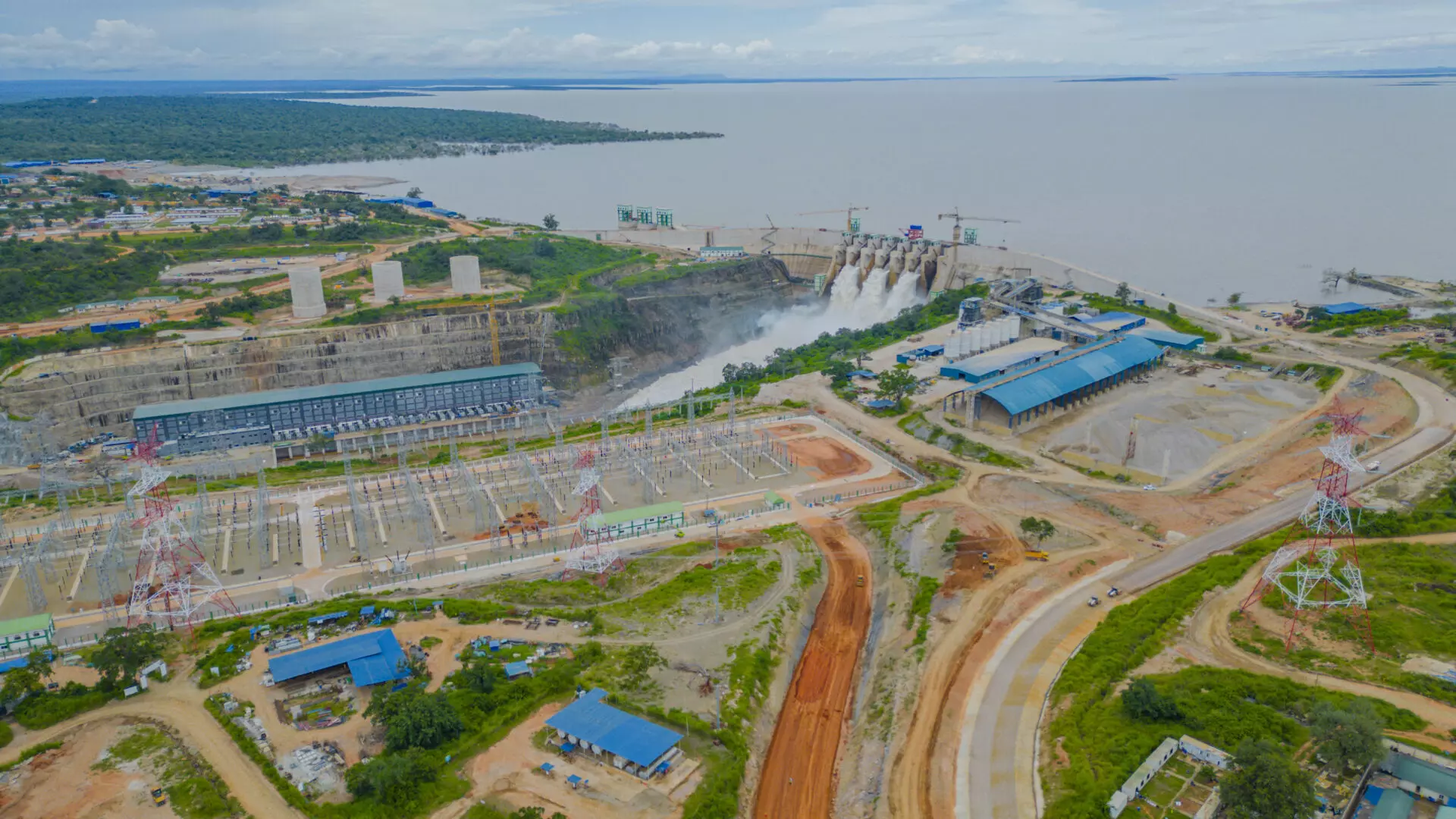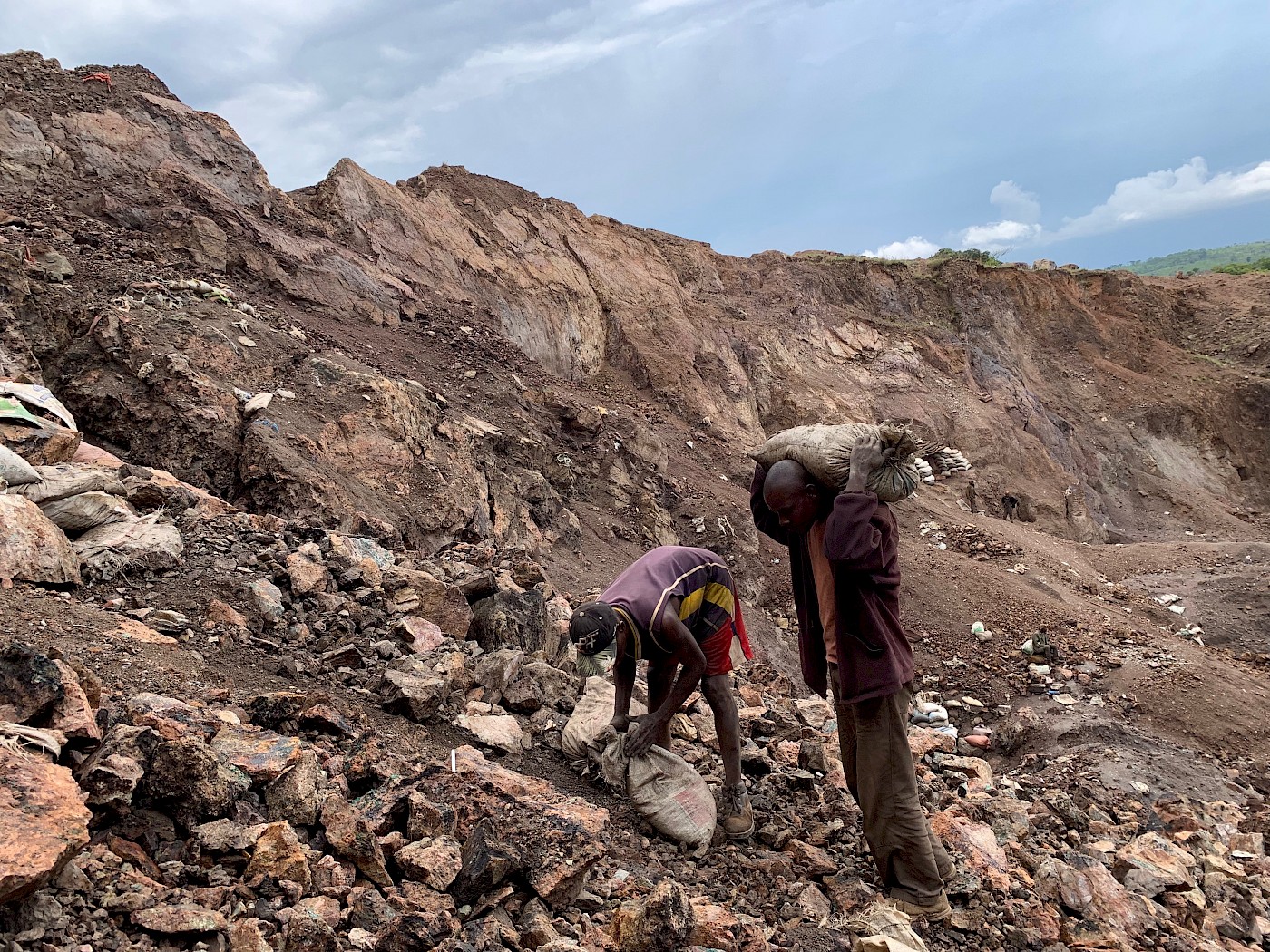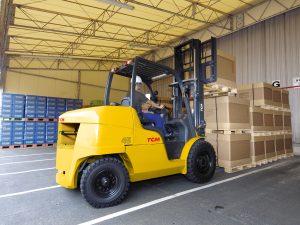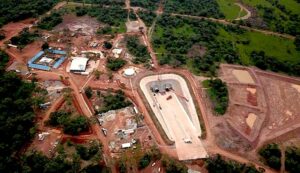In election year, South African mines bleed cash, jobs
South Africa’s mines, which laid the foundation for the nation’s industrial growth well into the post-apartheid era, are cutting thousands of jobs and paying much less tax, muddying the domestic economic outlook months away from a crucial election.
The country’s biggest mining investors are halting plans to spend billions of rand on new projects in response to a slump in profits due to myriad local challenges and weakening prices of commodities such as platinum.
The layoffs and investment cuts come against a backdrop of high unemployment and weak economic growth that are looming large over the parliamentary vote, due in May and are likely to see the governing African National Congress (ANC) lose its parliamentary majority for the first time in 30 years.
A rally in recent years in the price of commodities such as palladium, rhodium, coal and iron ore helped the likes of Anglo American Platinum, Sibanye Stillwater, Kumba Iron Ore, Exxaro Resources make windfall returns – allowing them to partly paper over domestic constraints including power cuts, a poor rail network and crime.
‘Marginal industry with marginal jobs’
But with prices plummeting since last year, companies are in restructuring mode and cutting jobs.
“The challenge is now just to be able to operate, to be able to produce on a continuous basis,” said Claude Baissac, the CEO of Eunomix Research.
“Unless there is a fundamental change of policy and state capacity, we are going to end up with a marginal mining industry, providing marginal jobs.”
The mining sector’s contribution to South Africa’s gross domestic product stood at 6.2% last year from 7.3% in 2022 and 8.3% a decade earlier, according to Minerals Council South Africa, an industry lobby group. The sector employs about 477,000 people.
Loss making
Anglo American’s platinum and iron ore units in South Africa this week announced plans to cut more than 4,000 jobs and review agreements with a combined 780 contractors.
The restructuring, which includes postponing spending plans at some platinum shafts and closing a metals processing plant, aims to save Anglo R13 billion.
Some 15 of South Africa’s biggest mining companies, including Amplats, Kumba and Glencore, contributed R110 billion in taxes and royalties in 2021, the bulk of about R360 billion in corporate tax collected by the treasury, according to RMB Morgan Stanley analysts.
The analysts forecast that the amount halved in 2023.
Sibanye, which is South Africa’s top employer in the mining sector, plans to cut about 4,000 jobs at its platinum mines. Smaller platinum producers and some coal producers have also announced job cuts.
About half of the country’s platinum mines, some of which are the world’s deepest and most costly to operate, are loss-making at current prices, said Impala Platinum spokesperson Johan Theron.
“That means if nothing changes (in terms of prices), more than 50% of the industry will disappear in some shape or form over time,” he said. “Nothing is sustainable that is fundamentally loss-making.”
Impala has said it may cut jobs and last year asked workers to take voluntary exit packages.
Rail crisis
South Africa’s 2023 coal exports hit the lowest level since 1992 because of the dire state of its railway network, operated by state group Transnet and hampered by a lack of wagons and spare parts, cable thefts and inadequate maintenance. For a while, companies stockpiled their commodities, hoping the situation would improve, but more recently, they have been scaling down production and cutting jobs to cushion losses.
Anglo American’s Kumba, Africa’s top iron ore miner, has cut mining output for the next three years until rail capacity improves, CEO Mpumi Zikalala said on Tuesday. Kumba had about 7 million tons of the steel-making ingredient stockpiled at its mines as of December.
“Clearly, for as long as there is no immediate solution to the electricity crisis, and rail and port infrastructure challenges, we will continue to lose jobs,” said the National Union of Mineworkers, one of South Africa’s biggest and most powerful trade unions which was once led by Cyril Ramaphosa
Share this content:














